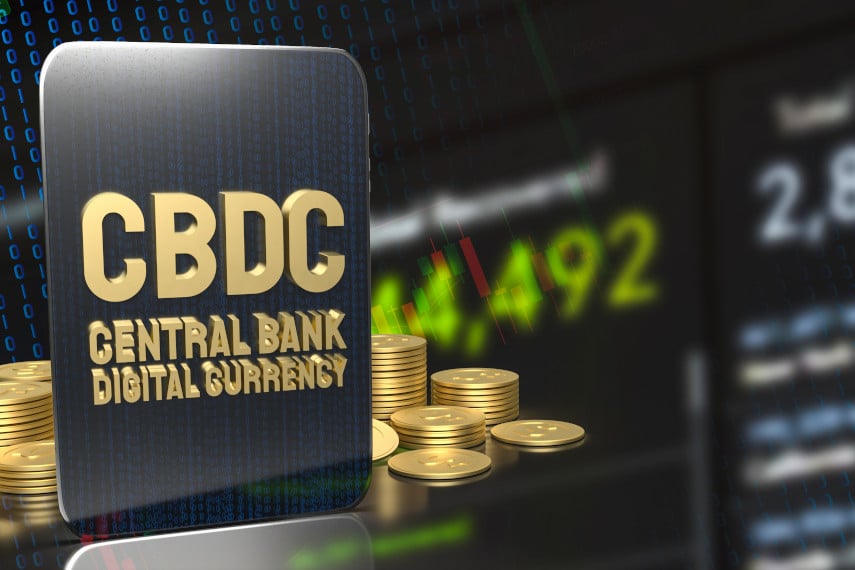
Ronald Reagan is famous for having once quipped that if the government were put in charge of the Sahara Desert, there would suddenly be a shortage of sand. That quip highlighted one truism about government, namely its ability to screw anything up. Unfortunately for us, however, the things it screws up are very often the things we rely on to survive.
The internet has been a phenomenal tool that has become an increasingly important part of our lives. And it has spawned services and technologies that have made life far easier and more pleasant. Anything we want to buy is at our fingertips, and with one click of the mouse we can have it on our doorstep in no time at all.
The ability to express ourselves freely on the internet is just as important, and web forums, message boards, and social media have allowed the dissemination of vast amounts of content, much of it worthless but with lots of useful information out there for those willing to sort through the weeds and chaff. But the free-wheeling days of the online world may soon be over if governments have their way.
Governments Trying to Control Technology
You’re probably already familiar with the ways in which governments and tech companies are colluding to shut down dissenting voices on social media. The fact that President Trump has essentially been muzzled should be frightening to anyone who values freedom of speech and the free exchange of ideas. But governments aren’t content just with that. They want total control of everything, and your wallet could be next.
Chances are that you’ve probably heard of Bitcoin and cryptocurrencies, even if you have never owned them or used them. Cryptocurrencies have become incredibly popular over the past decade, more as a store of value today than their original intended purpose as a currency. And governments initially ignored these new technologies, as most people did, thinking they were a flash in the pan.
As the utility of cryptocurrencies became more apparent, however, and as their popularity began to increase, governments began to sit up and take notice. And it wasn’t long before they began to see cryptocurrency as a threat to their monetary monopoly. As a result, central banks around the world began to develop plans for their own central bank digital currencies (CBDCs) and accelerate the road map towards their eventual implementation.
CBDCs and the War on Cash
For those who aren’t attuned to the nuances of cryptocurrencies, this might at first glance seem like something benign. After all, if people use Bitcoin and other cryptocurrencies right now, why wouldn’t they want to use CBDCs in the future? But there’s a crucial difference between the two.
Bitcoin was developed as a reaction against the quantitative easing (QE) undertaken by central banks in response to the 2008 financial crisis. The crisis made many people realize for the first time that central banks were completely unencumbered and could create trillions of dollars out of thin air. That kind of money creation threatened to unleash massive inflation and devalue the purchasing power of people’s financial assets.
While inflation remained subdued post-2008, the QE that occurred in 2020 resulted in massive inflation worldwide. Inflation is now at 40-year highs, and has hit double digits in Europe. This was precisely the situation Bitcoin was developed to protect against, as it was intended to act almost like digital gold, being a store of value when conventional currencies are inflated to near worthlessness.
Bitcoin was intended to get rid of the disadvantages of central bank money. It had a limited supply of bitcoins, and no central authority that could decide to create more. It was anonymous, or at least pseudonymous, and it was intended to provide stability and value.
CBDCs, on the other hand, offer the worst attributes of existing fiat currencies and offer even more disadvantages. In particular, they allow the central bank and the government complete control over financial transactions.
Thanks once again to the wonders of the internet, a video of Bank for International Settlements General Manager Agustin Carstens has recently gone viral once again. Carstens’ comments should underscore the very real dangers of CBDCs:
For example, in cash, we don’t know, for example, who is using a $100 bill today, we don’t know who is using a 1000-peso bill today. A key difference with the CBDC is the central bank will have absolute control on the rules and regulations that will determine the use of that expression of central bank liability and also we will have the technology to enforce that. Those two issues are extremely important and that makes a huge difference with respect to what cash is.
The term “absolute control” should send a chill down anyone’s spine. It’s clear that governments want to eliminate cash because they want to be able to exercise complete control over the monetary system, not just from the the point of money’s creation and distribution to the banking system, but even down to when individual units of money are being used in commerce. They want to know who is using money to buy things, what they’re buying, and how much of it.
Protecting Your Financial Security
Since we know now that the fix is in for cash, is there any way to protect ourselves against the coming cashless society? There is an alternative, and it’s one that has always existed: precious metals.
Gold and silver have served as money for thousands of years, and it is only within the last 50 or so years that their monetary role has fallen by the wayside. But they’ve been waiting in the wings since then, waiting to reestablish themselves.
Because of our bias towards the present, we tend to forget that the last 50 years of monetary experimentation is unprecedented in world history. At no time in history has a monetary system based solely on fiat money ever succeeded. So it’s a matter not of if the current system fails, but of when. And when it does fail, the natural fallback will be towards gold and silver, the metals that have served as money for millennia.
As tangible physical assets, gold and silver are outside the government’s purview and control. Just like with cash, the government might have a vague idea how much is out there, but it has no idea who is using it for what purpose. So if physical cash eventually is driven out of circulation by CBDCs, don’t be surprised to see physical gold and silver coins reprising their monetary role.
Events of the last two years have made it clear that our rulers don’t value our freedoms. They see us as resources to be managed for the good of the state, and if our desires don’t mesh with those of the government, guess who loses out?
For anyone who values monetary and financial freedom, there may eventually be only one choice to protect your freedom as governments continue their war on cash, and that’s owning gold and silver. Don’t let yourself get caught up in financial control efforts without providing yourself a way out. Start protecting your financial future with gold and silver today.






